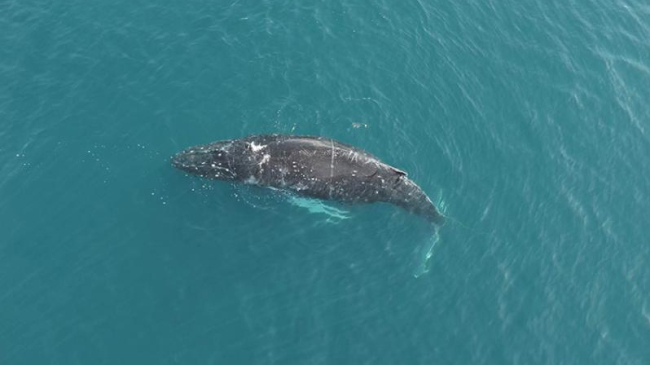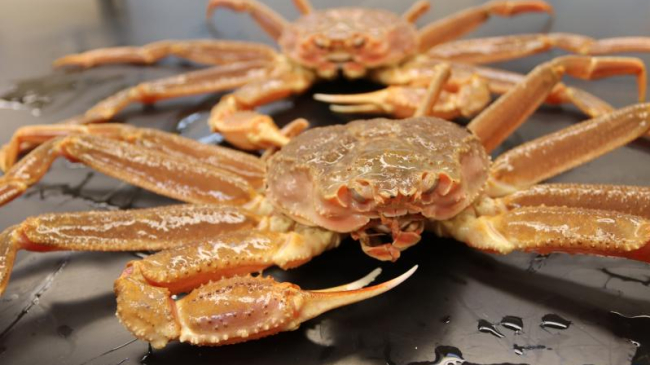As part of its efforts to combat illegal, unreported, and unregulated (IUU) fishing and seafood fraud, today the Committee on IUU Fishing and Seafood Fraud announced opportunities for the public to provide input on the principles used to determine fish and seafood species “at risk” of these illegal activities.

Welcome to noaa.gov (Image credit: NOAA)
The public is invited to comment on the principles used to determine fish species “at risk” of IUU fishing and seafood fraud. (Credit: NOAA)
The principles will be used to develop a list of species eligible for a risk-based seafood traceability program. This program is a key step in leveling the playing field for legal fishermen. Both the draft principles and a draft list of “at risk” species will be published for public comment in July 2015.
“Public input is an important first step as we work to identify which species are at risk,” said NOAA Administrator Kathryn Sullivan, Ph.D. “IUU fishing and seafood fraud distort legal markets and unfairly compete with the catch and seafood products of law-abiding fishers and seafood industries. Together with our global partners, we can ensure the economic and environmental sustainability of fisheries and fish stocks in the U.S. and around the world.”
In March of this year, the Presidential Task Force on Combatting IUU Fishing and Seafood Fraud released its action plan, which articulates the aggressive steps that federal agencies will take both domestically and internationally to implement the recommendations the Task Force made in December 2014. The Task Force has now transitioned to the National Ocean Council under a newly established Committee on IUU Fishing and Seafood Fraud (NOC Committee). This notice is the initial effort the NOC Committee is taking to implement the Task Force’s Action Plan recommendations 14 and 15, which include “Identifying current ‘at risk’ species threatened by IUU and seafood fraud.”
“We value public input in tackling the complex global challenges of IUU fishing and seafood fraud,” said State Department Under Secretary Cathy Novelli. “The United States is working closely with partners around the world to promote sustainable fisheries, protect the livelihoods of those engaged in legal fishing, and build consumers’ confidence in the seafood they eat.”
The NOC Committee is encouraging the public to provide input on recommended principles, which should be measurable, have a reasonable amount of existing data to assess, and be applicable to domestic and/or international fisheries.
During the request for public input period there will be additional opportunities to give input through direct interaction with NOC Committee Agencies. Please visit http://www.nmfs.noaa.gov/ia/iuu/taskforce.html for a schedule and more details.
By December 2016, the Task Force will identify the next steps in expanding the program to all seafood entering U.S. commerce, taking into careful consideration input from stakeholders.
More information about IUU Fishing and seafood fraud:
IUU fishing generally refers to fishing conducted in violation of national laws or internationally agreed conservation and management measures in effect in oceans around the world. IUU fishing undermines international efforts to sustainably manage and rebuild fisheries and creates unfair market competition for fishermen who adhere to strict conservation measures, like those in the United States.
Because of the complex trading system involved with global seafood commodities, fraud can occur at any point along the seafood supply chain. Being able to follow seafood along the supply chain from harvest or farm to entry into the U.S. market is important to minimize fraud, enhance food safety, and build consumer confidence.
NOAA’s mission is to understand and predict changes in the Earth's environment, from the depths of the ocean to the surface of the sun, and to conserve and manage our coastal and marine resources. Join us on Facebook, Twitter, Instagram and our other social media channels.
Contact:
Kate Brogan
301-427-8030
Connie Barclay
301-427-8029



